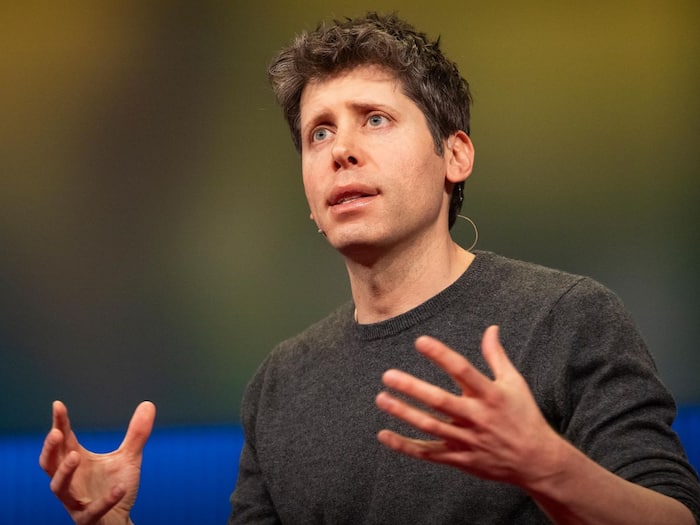
Written By Shubham Arora
Edited By: Shubham Arora | Published By: Shubham Arora | Published: Sep 27, 2025, 10:42 PM (IST)

Artificial intelligence may be moving faster than many expected – fast enough to disrupt millions of jobs and even surpass human intelligence within this decade. That was the message from Sam Altman, CEO of OpenAI, as he accepted this year’s Axel Springer Award. Also Read: Big win for India! OpenAI to open new offices in Mumbai, Bengaluru in 2026
Altman didn’t mince words about the pace of progress. “In many ways, GPT-5 is already smarter than me, and I think a lot of other people too,” he said, acknowledging that while AI still struggles with simple human tasks, its learning curve is “extremely steep.” He predicted that by 2030, AI models capable of making discoveries humans cannot achieve alone could emerge. “If we don’t have extraordinarily capable models by then, I’d be very surprised,” he added. Also Read: What happened between OpenAI and Anthropic CEOs on AI Impact Summit stage?
But with that promise comes a warning. Altman estimated that 30 to 40 per cent of tasks in today’s economy could soon be automated by AI. While entire professions may not vanish overnight, the shift could lead to large-scale layoffs. “New kinds of work will appear, while others disappear,” he said, stressing the need for adaptability and what he calls “the meta-skill of learning how to learn.” Also Read: OpenClaw founder Peter Steinberger moves to OpenAI: Here's what Sam Altman said
Despite the concerns, Altman remains more optimistic than many critics. He dismissed the idea that humans might one day become irrelevant “like ants” in a world of superintelligence. Instead, he argued that AI is not inherently intentional – it is a tool, and the challenge is aligning it with human values. “Even if it has no intentionality, asking it to do something could have consequences we don’t understand. So alignment is critical,” he said.
Beyond software, Altman hinted at hardware ambitions for OpenAI. After bringing in an ex-Apple designer, the company is exploring a “small family of devices” that could rethink how people interact with computers. In his words, AI represents the “third great shift in computing,” after the keyboard-mouse era and touchscreens.
Altman also spoke personally, reflecting on parenting in an AI-driven world. The skills he hopes to pass on to his son? Adaptability, creativity, and resilience. As for politics, he expects leaders will increasingly lean on AI for decision-making, though he believes humans will remain in charge of final calls – at least for now.